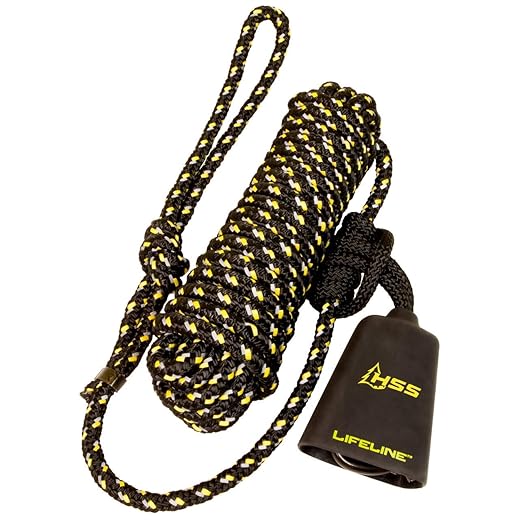










The Ultimate Guide to Home Safety Systems: Protecting What Matters Most
In a world where unpredictability lurks around every corner, ensuring the safety of your home and loved ones is paramount. The right safety system can be your first line of defense against threats, whether they be intruders or unforeseen events like fires and floods. But what exactly constitutes a robust safety system? Let's delve into the essentials, explore the various options available, and help you create a sanctuary of safety.
Understanding Home Safety Systems
At its core, a home safety system integrates various components designed to monitor and protect your property. Think of it as a well-oiled machine, where each part plays a vital role in safeguarding your home. From alarms and surveillance cameras to smoke detectors and smart locks, each element contributes to a cohesive security strategy.
But why should you invest in a safety system? Well, imagine leaving your home for a weekend getaway. Wouldn't it be comforting to know that your property is monitored, and help is just a call away? A safety system not only deters potential intruders but also provides peace of mind, allowing you to enjoy life without constant worry.
Key Components of a Home Safety System
So, what are the critical elements that make up a comprehensive safety system? Let's break it down:
1. Security Cameras
Security cameras act as the eyes of your home. They provide real-time surveillance and can deter criminal activity. With advancements in technology, you can now access feeds from your smartphone, allowing for remote monitoring. Picture this: you're at a family gathering and get a notification of movement at your front door. Instantly, you can check the camera feed and respond accordingly.
2. Alarm Systems
An alarm system is like a loud guardian, alerting you and your neighbors of a potential threat. Modern alarms can be customized to your specific needs, whether it's a loud siren, silent alerts to local authorities, or both. Many systems now integrate with smart home technology, allowing you to control your alarm remotely.
3. Smart Locks
Gone are the days of traditional keys. Smart locks offer keyless entry, which means you can lock or unlock your door with your smartphone or even through a simple code. Imagine forgetting your keys at home; with a smart lock, you can grant access to family or friends without rushing back.
4. Fire and Carbon Monoxide Detectors
While intruders are a significant concern, environmental hazards like fire and carbon monoxide can be just as deadly. Installing smoke and carbon monoxide detectors throughout your home ensures that you're alerted to these dangers promptly. Think of them as your invisible protectors, always on the lookout, even when you're asleep.
5. Flood Sensors
Water damage can wreak havoc on your home, often without warning. Flood sensors can detect leaks or rising water levels, sending alerts to your phone before significant damage occurs. They serve as an early warning system, much like a weather forecast for your home's safety.
Choosing the Right System for Your Needs
With so many options available, how do you choose the right safety system for your home? Start by assessing your specific needs. Are you in a high-crime area? If so, a comprehensive alarm system with surveillance cameras might be essential. Alternatively, if you live in a flood-prone area, investing in flood sensors should be a priority.
Next, consider the ease of installation and integration. Many modern systems offer DIY installation, which can save you money. However, if you're not tech-savvy, hiring a professional might be the best route. Remember, a safety system is only as good as its installation.
Budgeting for Your Safety System
Safety systems can range from affordable to high-end. Setting a budget is crucial. Don't just consider the initial investment; factor in monthly monitoring fees, maintenance costs, and potential upgrades. Like any investment, the goal is to ensure it pays off by providing you with peace of mind.
Conclusion
A home safety system is more than just a collection of gadgets; it's a commitment to protecting what matters most. By understanding the various components and choosing a system tailored to your needs, you can create a secure environment. Remember, safety is not a luxury; it's a necessity. Investing in a robust safety system today can safeguard your home and loved ones for years to come.
FAQs
1. How do I know which safety system is right for me?
Assess your specific needs, such as your location and the potential risks in your area. Research different systems and consider consulting professionals for tailored advice.
2. Are smart locks secure?
Yes, smart locks can be very secure when properly installed and maintained. Look for models with robust encryption and two-factor authentication features for added security.
3. Can I install a home safety system myself?
Many modern systems are designed for DIY installation. However, if you're uncomfortable with technology or complex setups, hiring a professional is recommended for optimal performance.
